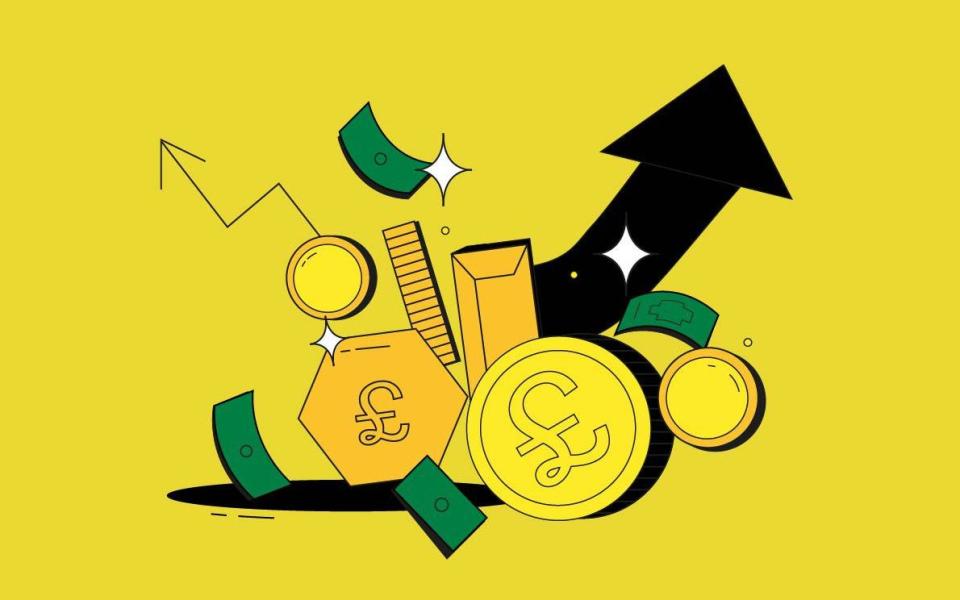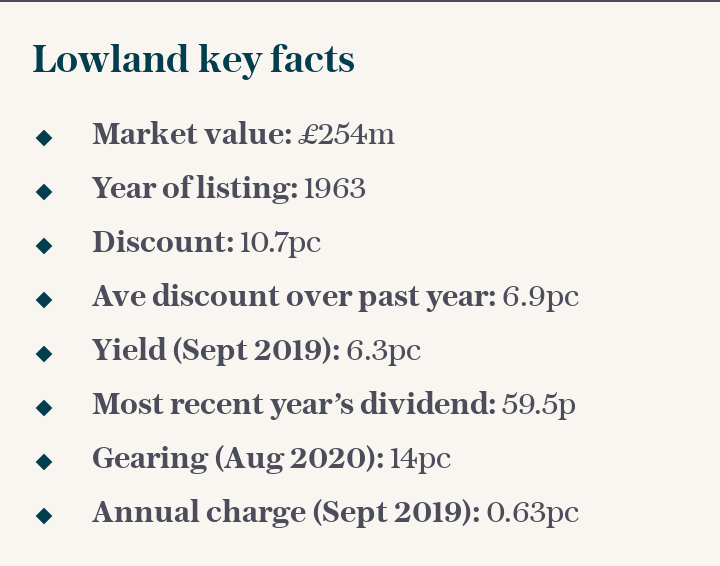Questor: forget dividends and just take your capital gains? This is why we disagree


Does an income portfolio such as ours actually need dividends from its stocks? It may sound like a daft question but there are many, professionals and DIY investors alike, who say there is no such need.
You are just as well off – better off, in fact – owning investments geared to growth and simply selling a small proportion of them when you need money, the argument goes.
Questor has come across financial advisers and fund managers who take this view and has seen it expressed many times by readers who comment on these articles online. But this column does beg to differ.
Here is why.
Let’s imagine an idealised company that makes £100m in profits a year. The board has a choice: it can hand those profits to shareholders in the form of a dividend or reinvest them in the business. There are other choices, such as a mixture of the two or buying back shares, but we will simplify things.
All else being equal, by retaining the profits in the business we increase its value by £100m. Therefore, a shareholder can withdraw his share of that £100m if he wants by selling the appropriate number of shares and still retain enough shares to have the value of his original capital.
Let’s look in more detail at how this might work.
We’ll imagine that the company is at the outset, before the £100m of profit is made, worth £1bn and has 1bn shares in issue, so each is worth 100p.
The £100m of profits is then made. Keeping things simple, we assume for the moment that the value of the company increases by £100m or 10pc, which means that the share price goes up by 10pc to 110p.
Let’s now imagine that one particular shareholder owns 1,000 shares (one millionth of the company), originally worth £1,000 in total and now worth £1,100.
He wants to get his hands on that £100 in extra value, which represents his share of the £100m in profits, so he sells enough shares to do so.
At a share price of 110p he needs to sell 91 shares to do so (this actually realises £100.10 – we can overlook the pence for the sake of our example). His remaining 909 shares are worth £1,000 so he has £1,100 in total, as you would expect.
We note in passing that he now owns slightly less than his previous one millionth of the company, but he is happy with this because the company has become more valuable: he has a smaller slice of a bigger pie.
But now let’s look at what happens if the share price does not simply rise in line with the extra £100m in value that the firm gains from those profits. Let’s imagine that something – a global stock market crash, say – sends the shares down by 30pc to 70p.
Sign up to our Business Briefing newsletter for a snapshot of the day's biggest business stories
Read Questor’s rules of investment before you follow our tips
If our shareholder still wants to get his share of the £100m in profits he has to sell more shares to do so: 143 (to the nearest round number) in fact.
Now we imagine that the stock market recovers and that this company’s share price too regains its former level of 110p. Our investor now has 857 shares so his holding is worth £943 (to the nearest pound). He also has his £100 from the sale of the 143 shares so in total he has £1,043.
Now let’s imagine that the company had chosen to use all its £100m in profits to pay a dividend instead. The same investor gets his £100 share of the profits and, although the paper value of his shares falls by 30pc when the bear market strikes, he loses nothing because he sells no shares.
When the share price recovers to 100p (not 110p because the profits have all been distributed in dividends), he has 1,000 shares worth £1,000. Add his £100 in dividend income and he has £1,100 in total – £57 more than if the company had retained the profits and he had had to sell some of his holding to get his £100 share of those profits.
The key point: when you take income by selling shares, the share price matters. It doesn’t matter if a dividend is paid.
Now, there are numerous counter arguments that involve the general upward direction of markets, cash “buffers” and tax considerations but for this column, at least, the fact that dividends allow you to take income without share prices mattering is paramount.
Update: Lowland
This investment trust declared on Tuesday a third interim dividend of 15p, unchanged from last year.

Questor says: hold
Ticker: LWI
Share price at close: 948p

Read the latest Questor column on telegraph.co.uk every Sunday, Tuesday, Wednesday, Thursday and Friday from 6am.

 Yahoo Finance
Yahoo Finance 